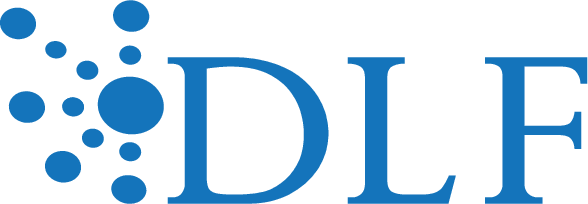
Alison Langmead
Alison Langmead will open the 2019 Digital Preservation conference with a keynote entitled, “Sustainability Is Not Preservation.” In her talk, Langmead will discuss her experiences both collaboratively producing the NEH-funded Socio-Technical Sustainability Roadmap at the Visual Media Workshop at the University of Pittsburgh as well as some of the lessons learned from working through this sustainability workshop with over 100 people in six locations across the United States this past year.
Here is the abstract for “Sustainability Is Not Preservation”:
The ongoing sustainability of digital projects is of critical concern to both project creators and stewards alike, and while much of the conversation in and around digital sustainability practices takes place in arenas adjacent to, or connected with, digital preservation, it is increasingly important to be purposeful about identifying the appropriate use cases for each of these approaches. In this talk, Alison Langmead will discuss her experiences co-creating and working with the Socio-Technical Sustainability Roadmap (STSR). Having now presented a two-day version of this sustainability workshop with over 100 people in six locations across the United States, the STSR team has become even firmer in their conviction that, for sustainability practices to be successful, project leaders must keep the changing, socially-contingent nature of both their project and their working environment(s) consistently in mind as they initiate, maintain, and support their own work. We feel that this approach constitutes a break from traditional preservation practices and standards that assume, and in some cases require, unchanging fixity from preserved digital products for an indefinite period into the future. Sustainability planning, by contrast, flourishes best when the fluid, changing nature of contemporary digital practices and products are accepted, and the possibility of a project retirement date is assumed. This rupture can mean that, for users to take up digital preservation practices, they must significantly modify workflows and (even) goals, but it can also mean that these users do not take up preservation practices at all, finding them impractical for their purposes.
Langmead holds a joint faculty appointment at the University of Pittsburgh between the Dietrich School of Arts and Sciences (DSAS) and the School of Computing and Information (SCI) at the rank of Clinical Associate Professor. At DSAS, she serves as the Director of the Visual Media Workshop (VMW), a digital humanities lab focused on the investigation of material and visual culture—historical or contemporary—in an environment that encourages technological experimentation. At SCI, she teaches courses on digital preservation and the digital humanities. In her research, she designs and produces digital humanities projects that investigate visuality and materiality as multivalent, interactive processes. She also studies the practice of digital sustainability as a complex, transformative ecosystem that informs our understanding of the role of historical information in our contemporary digitality. Langmead is the Principal Contact for the DHRX: Digital Humanities at Pitt faculty research initiative, which represents a transdisciplinary network of scholars at the university who use digital methods to study the ways in which humans interact with their environments, whether social or cultural, natural or human-created. She holds a PhD in medieval architectural history from Columbia University as well as an MLIS from the University of California, Los Angeles.
